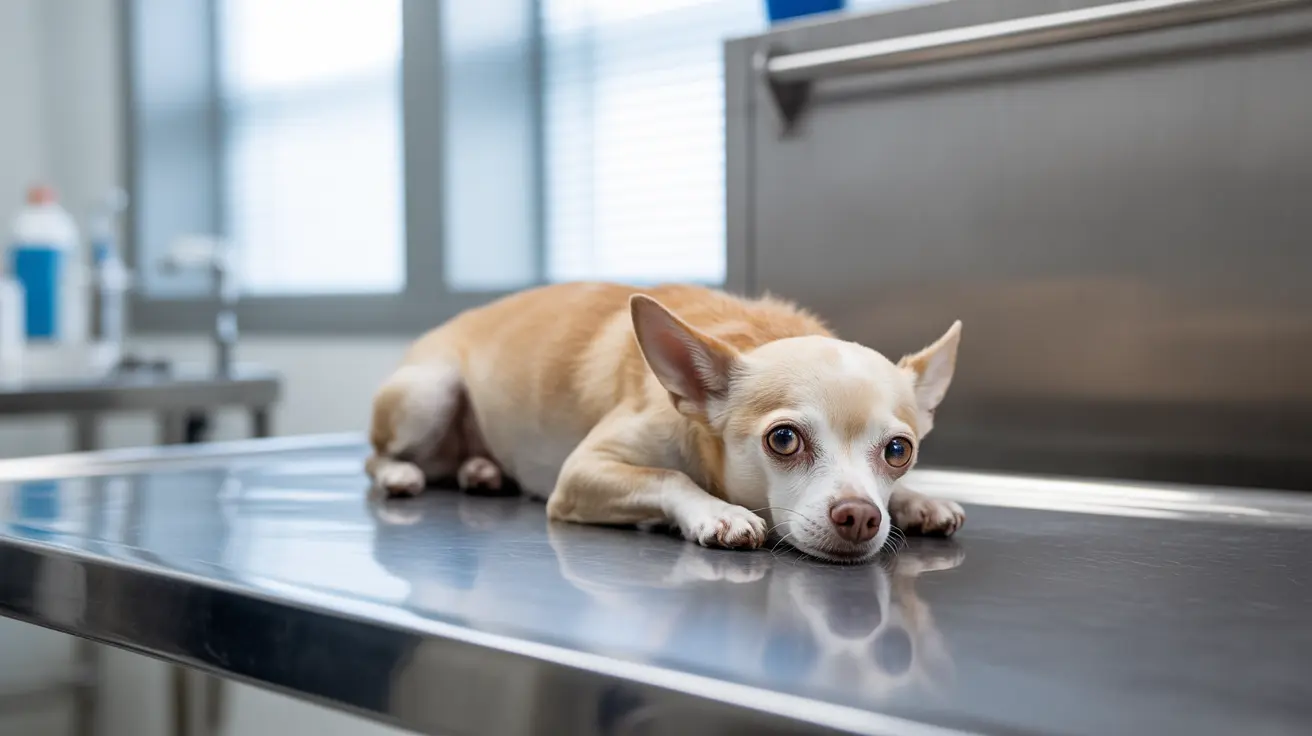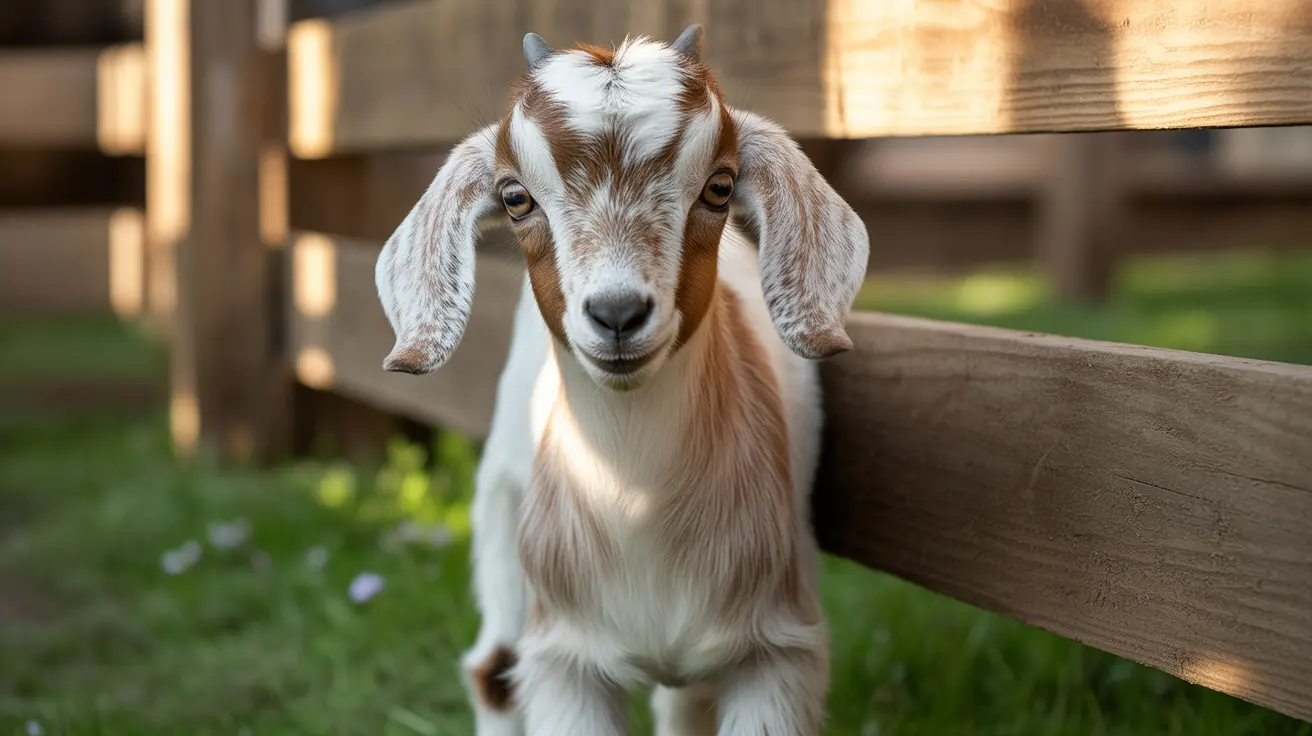Why Dogs Love Cheese and How to Feed It Safely
Cheese is a common favorite among both humans and dogs. Its rich, creamy texture and bold flavors are not only appealing to our taste buds but also highly enticing to our four-legged friends. But why exactly do dogs love cheese, and is it safe for them to eat?
Why Dogs Are Attracted to Cheese
There are several reasons why dogs go crazy for cheese:
- Strong aroma: Dogs have an excellent sense of smell, and the potent aroma of cheese easily grabs their attention.
- Rich flavor: Cheese contains fat and protein, which dogs naturally crave, making it a flavorful treat.
- Texture: Its soft and creamy consistency is easy for dogs to chew and digest (in some cases).
- Positive associations: Dogs often receive cheese during training, creating happy memories linked to its taste.
The Nutritional Profile of Cheese
Cheese contains several nutrients beneficial to dogs when fed appropriately:
- Protein: Helps support muscle development and energy.
- Calcium: Important for bone and dental health.
- Vitamin A: Supports skin, coat, and eye health.
- B-complex vitamins: Aid in overall bodily function and metabolism.
- Essential fatty acids: Promote a glossy coat and healthy skin.
The Risks of Feeding Cheese to Dogs
While cheese has health benefits, it’s important to be cautious:
- High fat content: Can lead to weight gain and pancreatitis in sensitive or overweight dogs.
- Salt and calorie levels: Excess consumption can strain the kidneys and contribute to obesity.
- Lactose: Many dogs develop lactose intolerance, leading to digestive issues like bloating, gas, vomiting, or diarrhea.
Cheeses That Are Safe for Dogs
Some types of cheese are safer for dogs in moderation:
- Mozzarella: Lower in fat and relatively easy to digest.
- Cottage cheese: Low in lactose and fat, good for sensitive stomachs.
- Cheddar: Moderate fat levels, commonly tolerated by dogs.
- Gouda, Edam, Swiss, Red Leicester: Plain and safe in small amounts.
Cheeses to Avoid
Some cheeses should be kept far away from your dog's bowl:
- Blue cheese: Varieties like stilton and gorgonzola contain roquefortine C, a toxic fungus for dogs.
- Flavored cheeses: Those with onions, garlic, chives, or herbs can be toxic.
- Cheese with nuts, fruits, or spice: Often contain ingredients that are harmful to dogs.
- Highly processed cheese: Contains additives and preservatives that are unhealthy for dogs.
Special Considerations
Certain dogs should not be given cheese at all:
- Overweight or obese dogs: The high fat content can worsen their health.
- Dogs with pancreatitis: Fatty foods like cheese can trigger flare-ups.
- Dogs with kidney disease: Excess sodium in cheese can be damaging.
- Dogs with food allergies: Dairy can aggravate their condition.
Using Cheese as a Training Tool
Cheese can be a valuable reward during training:
- High-value reward: Many dogs respond better to cheese than standard treats.
- Portion control: Use small cubes or thin shreds to limit calorie intake.
- Smearable options: A dab of plain cream cheese on a lick mat can keep dogs mentally stimulated.
Cheese for Hiding Medication
Cheese is often used to hide pills, but be cautious:
- Vet guidance is necessary: Dairy can interact with some medications, especially antibiotics, and reduce their effectiveness.
How to Feed Cheese Safely
- Start with a small portion to assess your dog's tolerance.
- Only give cheese as an occasional treat — not more than 10% of daily calories.
- Select low-fat and low-sodium options without added flavors or ingredients.
- For puppies, use tiny amounts and prioritize balanced puppy food.
What to Do if Your Dog Eats a Harmful Cheese
- Watch for symptoms like vomiting, diarrhea, fever, or seizures.
- Contact your veterinarian immediately if you suspect something’s wrong.
Final Thoughts
Dogs love cheese for its taste, smell, and texture, and it can be a nutritious treat in moderation. Always choose plain, low-fat varieties and avoid dangerous additives. Keep a watchful eye for any signs of intolerance and consult your vet with any dietary concerns. With careful choices, you can share the joy of cheese with your canine companion safely.





